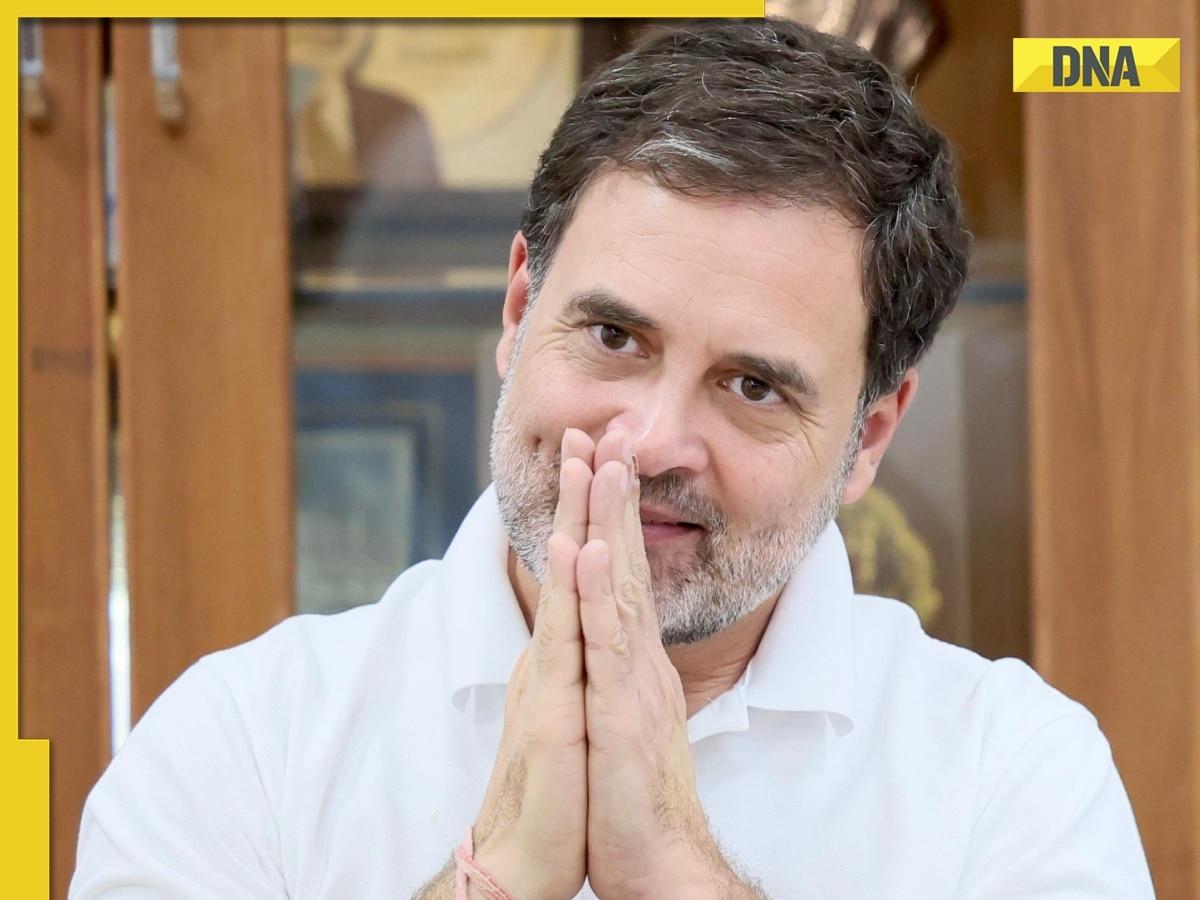
In a significant political development, Congress MP Rahul Gandhi has been designated as the Leader of the Opposition (LoP) in the Lok Sabha. This decision marks a pivotal moment in Indian politics, as it is the first time in a decade that the Lok Sabha will have an official Leader of the Opposition. The resolution was ironed out during a meticulous meeting of the floor leaders of the INDIA bloc, convened at the residence of Congress President Mallikarjun Kharge on Tuesday.
Rahul Gandhi, a seasoned parliamentarian with five terms under his belt, currently represents the Rae Bareli constituency in the Lok Sabha. His appointment to this prominent position signals a strategic move by the Congress party to consolidate its role as the principal opposition to the ruling government. The formal announcement of his appointment was communicated through a letter addressed to Pro-tem Speaker Bhartruhari Mahtab, a key procedural step in the succession.
The Congress party’s eligibility for the LoP post is a dramatic turn of events, primarily because it had failed to secure the 10 per cent membership criterion in the Lok Sabha during the last two electoral cycles. This deficit had left the post of Leader of the Opposition vacant, impacting the Congress’s ability to effectively challenge the government on legislative matters. However, the tides have turned in this electoral cycle, thus reinstating the Congress party’s influential role.
Rahul Gandhi’s swearing-in ceremony was a moment to behold, as he took the oath of office while holding a copy of the Indian Constitution, symbolizing his commitment to uphold democratic values. His long-standing tenure in Parliament, coupled with his extensive experience, makes him a formidable adversary for the ruling party. The Congress’s resurgence in the lower house comes at a time when a strong opposition is deemed critical for a vibrant democracy.
The INDIA bloc, a coalition of opposition parties, played a crucial role in facilitating this decision. The coalition has vociferously advocated for the appointment of a Leader of the Opposition, underscoring the necessity of robust parliamentary oversight. The meeting at Mallikarjun Kharge’s residence was attended by several key political figures from the bloc, all of whom expressed unanimous support for Rahul Gandhi’s candidature.
Rahul Gandhi’s political journey has been nothing short of eventful.
. Despite facing multiple electoral and political challenges, he has persevered, gradually cementing his place in Indian politics. His leadership is expected to breathe fresh life into the opposition ranks, which have often been criticized for their lack of coordination and unified strategy against the government.
The Leader of the Opposition holds significant responsibilities, not least of which is the oversight of government policies and actions. The LoP also plays a crucial role in various parliamentary committees and is often consulted on key appointments within the judiciary and other constitutional bodies. Rahul Gandhi’s appointment thus carries considerable weight, both symbolically and practically.
This development also places the Congress party in a strategic position as it prepares for the upcoming general elections. By appointing a high-profile leader like Rahul Gandhi to the LoP position, the Congress aims to amplify its voice on national issues and counter the ruling party’s narrative more effectively. This move is part of a broader strategy to reclaim political ground and regain the trust of the electorate.
Observers of Indian politics have welcomed this move as a step towards a more balanced and accountable parliamentary system. A strong opposition is widely viewed as essential for healthy democratic functioning, ensuring that the government is held accountable for its actions and policies. With Rahul Gandhi at its helm, the opposition is expected to sharpen its critique and provide more substantive policy alternatives.
This appointment also comes at a time when there are increasing demands for more transparency and accountability in the political process. The opposition, under Rahul Gandhi’s leadership, is likely to focus on issues of governance, economic policies, and social justice, which resonate with a significant portion of the Indian populace.
In conclusion, Rahul Gandhi’s elevation to the position of Leader of the Opposition in the Lok Sabha is a landmark development in Indian politics. It not only reinstates the Congress party’s influence but also promises a more dynamic and effective opposition in Parliament. With this move, the stage is set for a riveting political discourse as India navigates its complex socio-political landscape.












